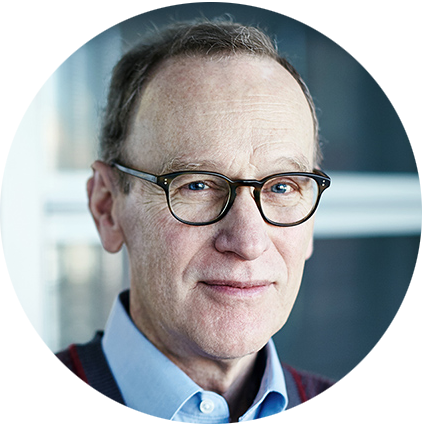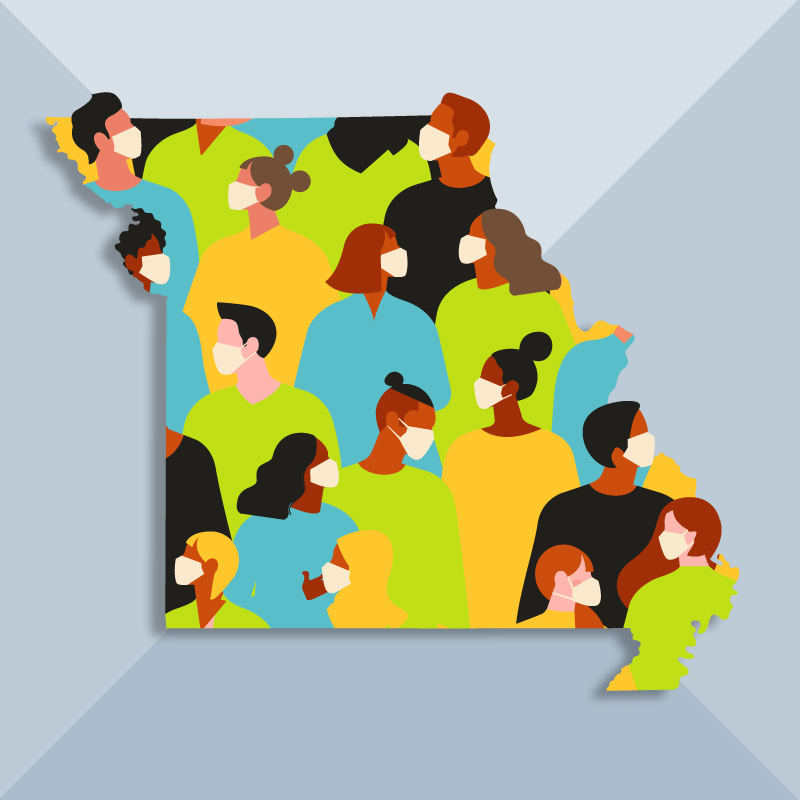
COVID-19 presents two massive challenges for our society. The first is the direct challenge to our health. The second is the challenge to our economy from the collective measures undertaken to prevent or slow the spread of the disease. Both challenges highlight the extensive inequities in our population’s health, health insurance, and health care systems. In particular, COVID-19 has put the patchwork nature of our health insurance system in stark relief, highlighting coverage gaps, barriers to getting health insurance, and, even for people fortunate enough to have insurance, the obstacles to paying for the care they need. This pandemic lays bare the fault lines of inequity in health care, revealed most powerfully in the woefully inadequate, maddingly unnavigable, thicket of health insurance. The threat and spread of COVID-19 provides impetus to do something practical as quickly as possible – get more people health insurance by expanding Medicaid. There is an extensive body of evidence that documents the benefits of Medicaid expansion for Missouri. The pandemic brings clarity, urgency, and greater recognition that we are all in this together and that the health of one impacts us all.
The scale and potential impact of this coronavirus takes time to absorb. The news provides some context, but it is specifics about places and people and symptoms and stories that bring the pandemic into our lives, that make it real, that make it personal. Learning about a sick co-worker, a positive test in an uncle’s nursing home, a call to your home from a public health worker tracing contacts, an old friend in the hospital with COVID-19 symptoms, the death of a high school acquaintance – over time such experiences cause us to come to grips with our circumstances and the circumstances of those we most care about. We re-think the situations that our loved ones are in. We realize the possibility that those we most love and care for are at risk. Gradually, we come to appreciate the greater risk for our elders, for our family members with existing illnesses and infirmities, for our family in nursing homes, for our veterans in veteran’s homes, for our friends with disabilities, for truly essential workers who soldier on, ensuring food gets to us and our neighbors; and especially, the greater risks for our loved ones who have chosen health careers and put themselves in harm’s way in order to help others, to be faithful to their values and professional ethics to care for others, to work for the greater good. We worry that all these people (our daughters, sons, mothers, fathers, sisters, brothers, and the rest) will become infected, become seriously ill, and possibly die. We worry. In this way, the pandemic affects us all – those who become infected and ill and die, their families, their friends, their caregivers, and all of us who must cope with the anxiety of who may be infected in the future and with the uncertainty of how sick they might become.
It is almost impossible to convey the anguish that COVID-19 causes. It affects all of us; none of us should have the additional burden of not having health insurance to get the care we need. Health insurance is essential for #TheNetBenefit of our entire health and social ecosystem; we all rely on our safety net.
In the last four weeks, over 22 million Americans, including more than 339,000 Missourians, filed for unemployment benefits. The actual number of people losing their jobs is even higher. Some of these workers did not have health insurance through their jobs, but many did, and they are hit with – as one headline put it – a double whammy: unemployed and uninsured.
As the economy reels in reaction to a conglomeration of preventive directives and guidelines and an uncertain future, the deep limitations of relying mainly on employment-based health insurance for working-age adults and their families are magnified. The last thing people who lose their jobs need to worry about is getting and paying for health insurance. We don’t need a significant increase in the coverage gap. Medicaid expansion is something we can do that would be an important step forward in providing coverage for many unemployed Missourians. In trying to achieve affordable and accessible coverage for all in Missouri, the Foundation – prior to the pandemic – committed $5 million to Medicaid expansion work in the state. This strategic investment represents our first phase, which includes public education efforts on what Medicaid expansion means for Missouri. I can tell that right now, Medicaid expansion means a lot – for our families, our health systems, our economy, our lives.
The twin challenges of the pandemic – health and economic – have changed the circumstances of our lives. These new circumstances are largely beyond the control of individuals and families; they are deeply embedded in COVID-19 impacts on our economic structure and our health sector. We have learned that widespread, collective adoption of preventive behaviors – physical distancing, frequent handwashing, and wearing masks – effectively slows the spread of the pandemic and benefits all of us. While we take these actions individually, they must be widely and collectively adopted to work.
As more and more of us are personally impacted by this disease and its consequences, we are drawn more deeply into this shared experience together. Our shared success is a reminder that together we can make great strides in improving the health and well-being of Missourians and strengthen the health care system. We know that Medicaid expansion will help us overcome this pandemic by ensuring more Missourians are insured, by improving their health status, and by stimulating the economy. As difficult as these times are, we can make a silver lining from COVID-19. A spotlight has been focused on our inadequate health insurance system, and I hope it will compel us to expand Medicaid as an essential part of moving toward a more equitable health care system.



